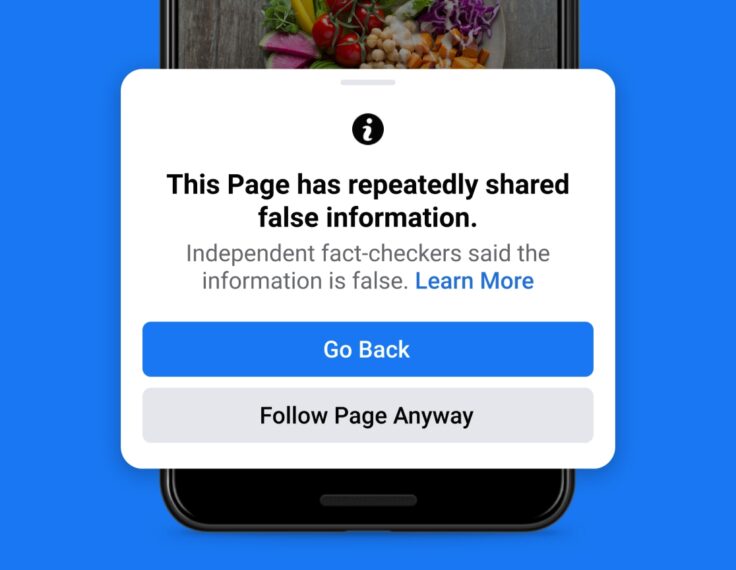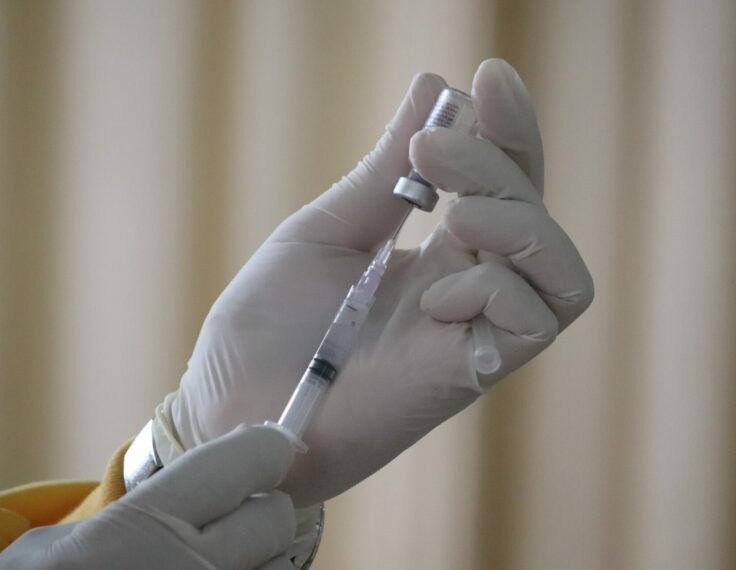
Misinformation interventions are common, divisive, and poorly understood
Emily Saltz, Soubhik Barari, Claire Leibowicz and Claire Wardle
Social media platforms label, remove, or otherwise intervene on thousands of posts containing misleading or inaccurate information every day. Who encounters these interventions, and how do they react? A demographically representative survey of 1,207 Americans reveals that 49% have been exposed to some form of online misinformation intervention.

Vaccine hesitancy in online spaces: A scoping review of the research literature, 2000-2020
Timothy Neff, Jonas Kaiser, Irene V. Pasquetto, Dariusz Jemielniak, Dimitra Dimitrakopoulou, Siobhan Grayson, Natalie Gyenes, Paola Ricaurte, Javier Ruiz-Soler and Amy Zhang
We review 100 articles published from 2000 to early 2020 that research aspects of vaccine hesitancy in online communication spaces and identify several gaps in the literature prior to the COVID-19 pandemic. These gaps relate to five areas: disciplinary focus; specific vaccine, condition, or disease focus; stakeholders and implications; research methodology; and geographical coverage.

Research note: Understanding offline Covid-19 conspiracy theories: A content analysis of The Light “truthpaper”
Rod Dacombe, Nicole Souter and Lumi Westerlund
This article explores the ways in which offline conspiracist material concerned with Covid-19 is presented and structured through a content analysis of The Light, a newspaper produced and distributed by activists in the U.K. Our analysis shows that conspiracy theories related to Covid-19 are included alongside a range of other, non-conspiracist content and that readers encounter these ideas in a format which closely resembles a conventional newspaper.

Review of social science research on the impact of countermeasures against influence operations
Laura Courchesne, Julia Ilhardt and Jacob N. Shapiro
Despite ongoing discussion of the need for increased regulation and oversight of social media, as well as debate over the extent to which the platforms themselves should be responsible for containing misinformation, there is little consensus on which interventions work to address the problem of influence operations and disinformation campaigns.
